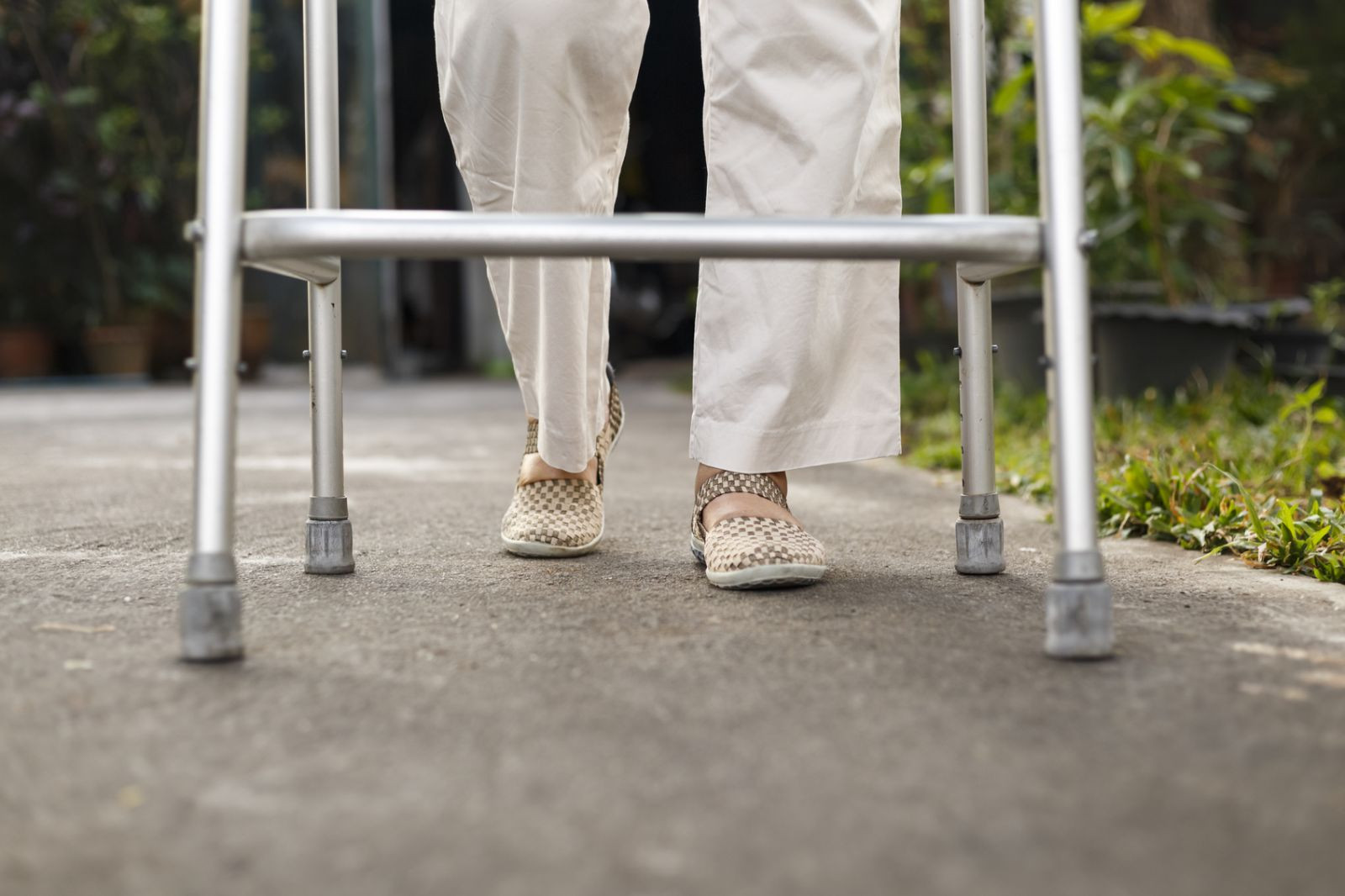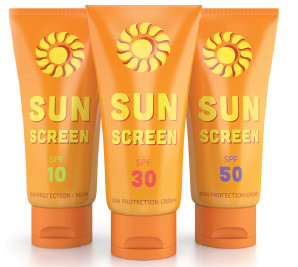Recent Articles

Foot pain: A look at why your feet might hurt

Matcha: A look at possible health benefits

Wildfires: How to cope when smoke affects air quality and health

Forearm workouts: Strengthening grip for everyday function

Depression symptoms: Recognizing common and lesser-known symptoms

Medication side effects: What are your options?

Independent living with home care assistance: Balancing autonomy and support

Dialysis: What to expect from this life-changing — and lifesaving — treatment

The BEEP program: Keep your balance

Hoarding: What to know about this mental health disorder
Staying Healthy Archive
Articles
Why your annual check-up is still important to your health
The annual visit helps to sustain your relationship with your clinician and personalize your health care. Image: Thinkstock |
Although health experts are giving us fewer reasons to see the doctor every year, there are many benefits to doing so.
Protect your mobility
Mobility — the ability to move purposefully around your environment — is vitally important to health and well-being.
Nearly one-third to one-half of adults ages 65 and older experience impaired mobility. At first, it may not seem like a big deal — many people with impaired mobility learn to just move a little more slowly and a little more deliberately. Some people work around the problem by relying on a cane or walker.
Sugary drinks may raise levels of harmful blood fats
Drinking sodas and other beverages sweetened with high-fructose corn syrup may boost levels of harmful LDL cholesterol and triglycerides in your blood, according to a study in the June 2015 American Journal of Clinical Nutrition.
Researchers assigned 85 healthy adults to four different groups. One group drank beverages containing the artificial sweetener aspartame, while the others drank beverages sweetened with various percentages (10%, 17.5%, and 25%) of high-fructose corn syrup. After two weeks, LDL cholesterol levels held steady in people who drank aspartame-sweetened drinks. But among those who drank beverages with high-fructose corn syrup, LDL cholesterol rose in tandem with the percentage of sweetener.
Protect your skin from the sun
A strong sunscreen and sun-protective clothing can help keep you safe this summer and every day of the year.
With summer here, it's time to reach for the sunscreen. But not everyone is convinced that skin protection is a necessity. "Older adults grew up at a time when unprotected skin exposure wasn't a cardinal sin, and many I talk to think a little sun is good for them. But older adults are actually at an increased risk for skin cancer, since their skin is no longer able to repair damage as efficiently as it once did," says Dr. Oon Tan, a dermatologist at Harvard-affiliated Massachusetts Eye and Ear Infirmary.
What's the best way to lose weight?
From the National Weight Control Registry: a healthy diet, daily exercise, and weekly weigh-ins will keep pounds off. Image: Thinkstock |
Some commercial weight-loss plans may help you lose a few pounds, but long-term weight control depends on healthy eating habits and regular exercise.
6 low-cost or no-cost home modifications to avoid falls
A few inexpensive changes in the home can lead to fewer injuries from falls each year.
Falls are the leading cause of injuries among older adults, sending more than two million people to the emergency department each year. Falls often result in brain injuries, hip fractures, immobility, and even early death. And many of the fall hazards are right in our own homes. "Anything that might trip a person is going to increase the risk of a fall. People with a balance disorder are often unable to recover when they trip because they lack the agility and coordination to do so," says Dr. Steven Rauch, a hearing and balance expert at Harvard-affiliated Massachusetts Eye and Ear Infirmary.
But most falls are preventable. In fact, a study published in 2014 in The Lancet showed that inexpensive fixes at home are associated with 26% fewer injuries from falls each year. The following modifications made a difference for study participants.
When the doctor prescribes physical rehabilitation
Make sure you communicate with your rehab team, and speak up if something in the program isn't working for you. Image:Thinkstock |
Here's how to get the most out of physical therapy and cardiac rehab.
The importance of staying hydrated
Stay hydrated gradually, throughout the day. Drink fluids, or eat water-rich foods. Images: Thinkstock |
A healthy person needs 30 to 50 ounces of fluid per day.
Considering a vegetarian diet: Is meat-free really better?
Eating a vegetarian diet changes mealtime focus from one hunk of protein to a mix of proteins and fats. Get creative, and have fun with your menu. Images: Thinkstock |
More evidence that plant-based diets can help you stay healthy.
Eat a handful of nuts, get a bucketful of benefits
In particular, nuts and peanuts are getting attention for their heart benefits. A study published in JAMA Internal Medicine on March 2, 2015, found that among 72,000 Americans in the southern United States and 135,000 people in China, eating peanuts (a legume) and nuts (such as almonds and walnuts) was associated with a reduction of 17% to 21% in the risk of dying from any cause, especially heart disease. This study was not a randomized trial, and therefore it cannot prove that a regular diet of nuts has such positive health effects. However, two previous randomized trials did find that such a diet was heart-healthy. "Nuts and peanuts are rich in unsaturated fatty acids, known for reducing inflammation, improving blood vessel function, and lowering LDL cholesterol," says Debbie Krivitsky, director of clinical nutrition at the Cardiovascular Disease Prevention Center at Harvard-affiliated Massachusetts General Hospital. The American Heart Association recommends eating four servings of unsalted, unoiled nuts per week. A serving size is a small handful (1.5 ounces) of whole nuts or 2 tablespoons of nut butter.
Image: Thinkstock
Recent Articles

Foot pain: A look at why your feet might hurt

Matcha: A look at possible health benefits

Wildfires: How to cope when smoke affects air quality and health

Forearm workouts: Strengthening grip for everyday function

Depression symptoms: Recognizing common and lesser-known symptoms

Medication side effects: What are your options?

Independent living with home care assistance: Balancing autonomy and support

Dialysis: What to expect from this life-changing — and lifesaving — treatment

The BEEP program: Keep your balance

Hoarding: What to know about this mental health disorder
Free Healthbeat Signup
Get the latest in health news delivered to your inbox!
Sign Up











